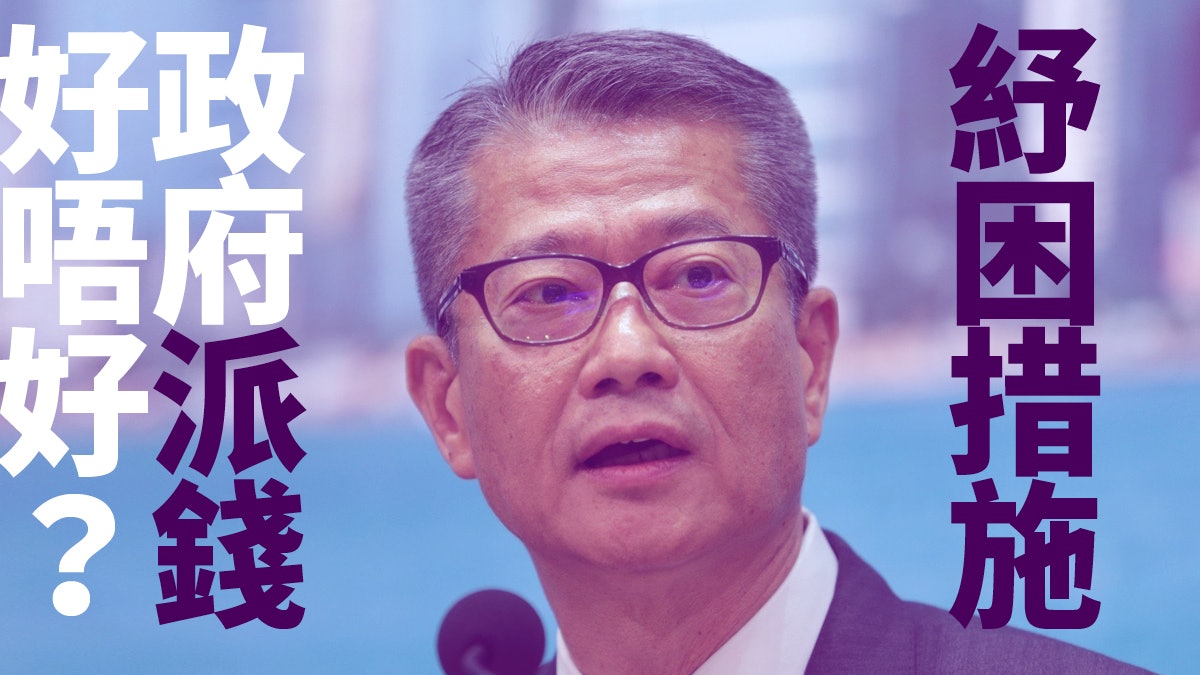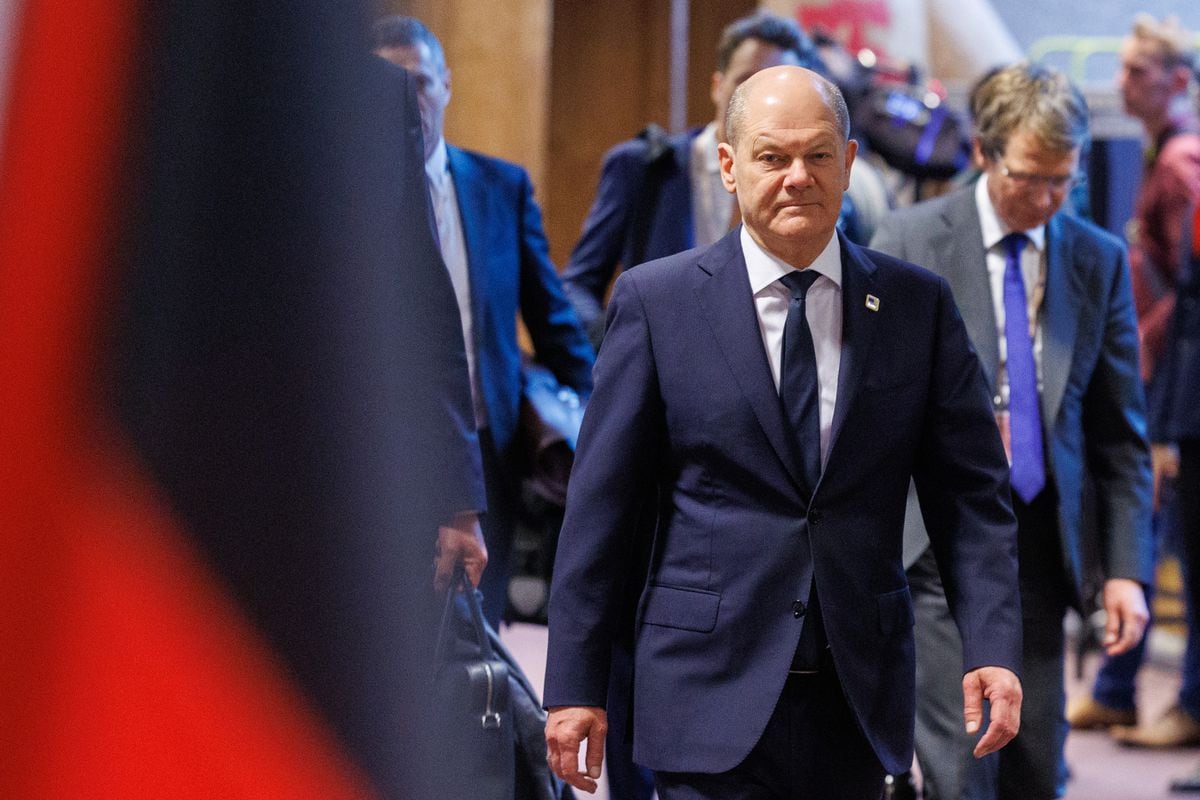01 perspective
Written by: Comment Editor
2019-12-04 11:45
Last updated: 2019-12-04 11:45The Hong Kong economy has been hit hard by the combination of external factors and local demonstrations, "external concerns and internal problems". Among them, the retail, catering, and tourism industries are the first to enter the cold winter, and the rest of the industry is also trending downward. What's more, on Monday (2nd), the Financial Secretary, Chen Maobo, predicted that this fiscal year will record a deficit that has not been seen for 15 years, and the Hong Kong economy has sounded a major alarm. Facing the downside risks to the economy, the government stated that it would not tighten spending because of a deficit, but would more actively launch relief measures to help SMEs, which is of course a good thing to send charcoal in the snow. However, with the rapid economic downturn, the unemployment rate has started to rise, some industries have become the worst-hit areas, and the lives of some grass-roots citizens have been severely hit. The published relief measures have mainly focused on helping small and medium-sized enterprises. The needs of the grassroots should also be considered.
It is an indisputable fact that Hong Kong's economy has entered a cold winter. On the morning of Tuesday (3rd), Chief Executive Lin Zheng Yue'e announced before the executive meeting that a new round of economic relief measures would be launched in the short term. Earlier, the government had announced three rounds of relief measures involving 64 billion yuan. The first round was launched in February this year, mainly including salaries tax reduction, personal income tax, profits tax, etc., with an estimated expenditure of 42.9 billion; the second round was launched in August this year, mainly including a 12-month waiver of government fees Inject capital for SME promotion funds, etc., with an estimated expenditure of 19.1 billion yuan; the third round includes subsidies to transportation, tourism and other industries, and a 50% reduction in rents for government industries, but the estimated expenditure is only 2 billion.
Chen Maobo pointed out that in the future, the government will continue to use forward-looking financial management policies to provide relief and investment for the public. (Profile picture / Photo by Yu Junliang)
Third round of measures failed to bail out
The first round of measures was actually launched long before the demonstrations seriously affected our economy. At that time, the government stated that the tax rebate was based on surplus and the amount involved would not exceed the surplus. In response to the obvious economic downturn in recent months, only the second and third rounds of measures have been adopted. The government has also begun to “turn the tide” to say that it will not introduce relief measures in order to avoid deficits. The society is happy to see that the government is willing to take up responsibilities in times of economic hardship, and is not confined to the idea of "keeping money" in the past. However, the amount involved in the second and third rounds of measures was only more than 20 billion yuan, especially the third round was only 2 billion yuan, which was even worse. Members of the even-formed Legislative Council are also dissatisfied with the bailout. For example, Rong Haixin said in the October 24 meeting that the second round of 19.1 billion bailout measures was "not even as good as a grain of dust." He even questioned the third round Will the reduction to 2 billion be truly effective? When the government considers launching the fourth round of relief measures, it should consider increasing the amount as a greater stimulus.
Apart from the amount, the reach of the relief measures does not seem to be comprehensive enough. The review of the relief measures introduced has focused on tax rebates and support to small and medium-sized enterprises, but some grassroots have not been taken into account. In particular, there is a clear upward trend in the unemployment rate in Hong Kong. The latest unemployment rate has reached 3.1%. Individual industries, such as retail, have exceeded 6%. The situation is worrying. Coupled with the difficult economic environment and no turning trend, the number of unemployed people may increase in the future. For many grassroots people, their lives are not secure, and they are unable to benefit from tax rebates and other measures. They will be a severely affected group. In this case, the government should consider some emergency methods to help grassroots to transition. For example, although the method of distributing money for the whole people cannot fundamentally solve the problem, at this critical juncture, the government should not forcibly rule out any practices, but must consider any short-, medium-, or long-term measures.
In addition to bailouts, the Hong Kong Government should also understand that a major problem in the current economy comes from social factors. If the government fails to quell the current social crisis, many more bailout measures will cure the symptoms and not the root cause.
01 depth
Hong Kong's economic relief measures















